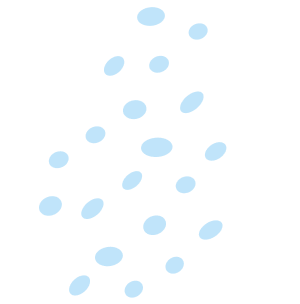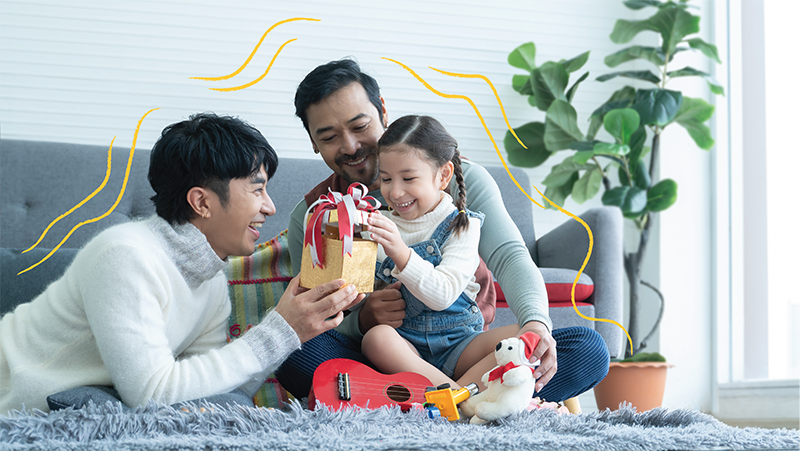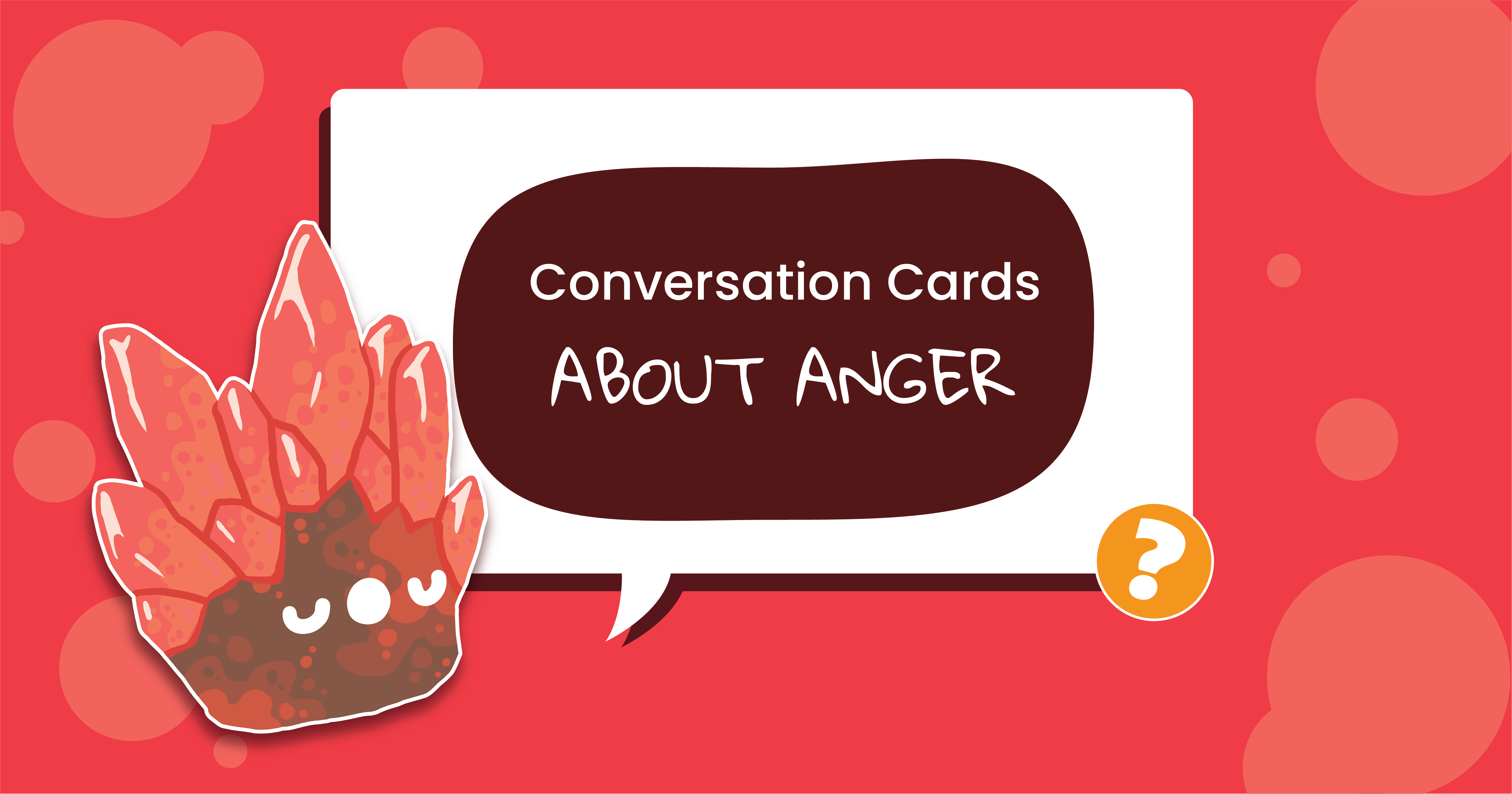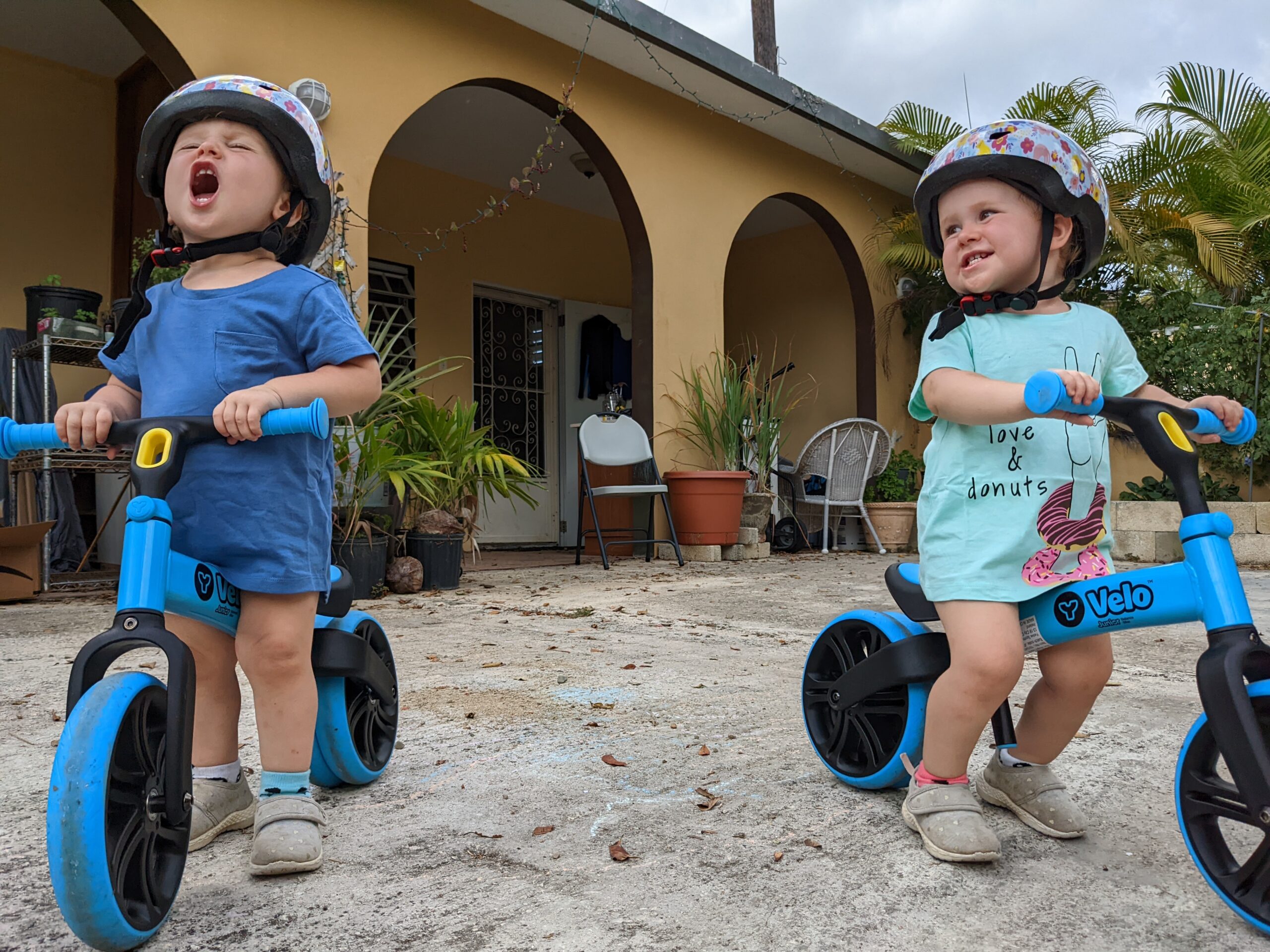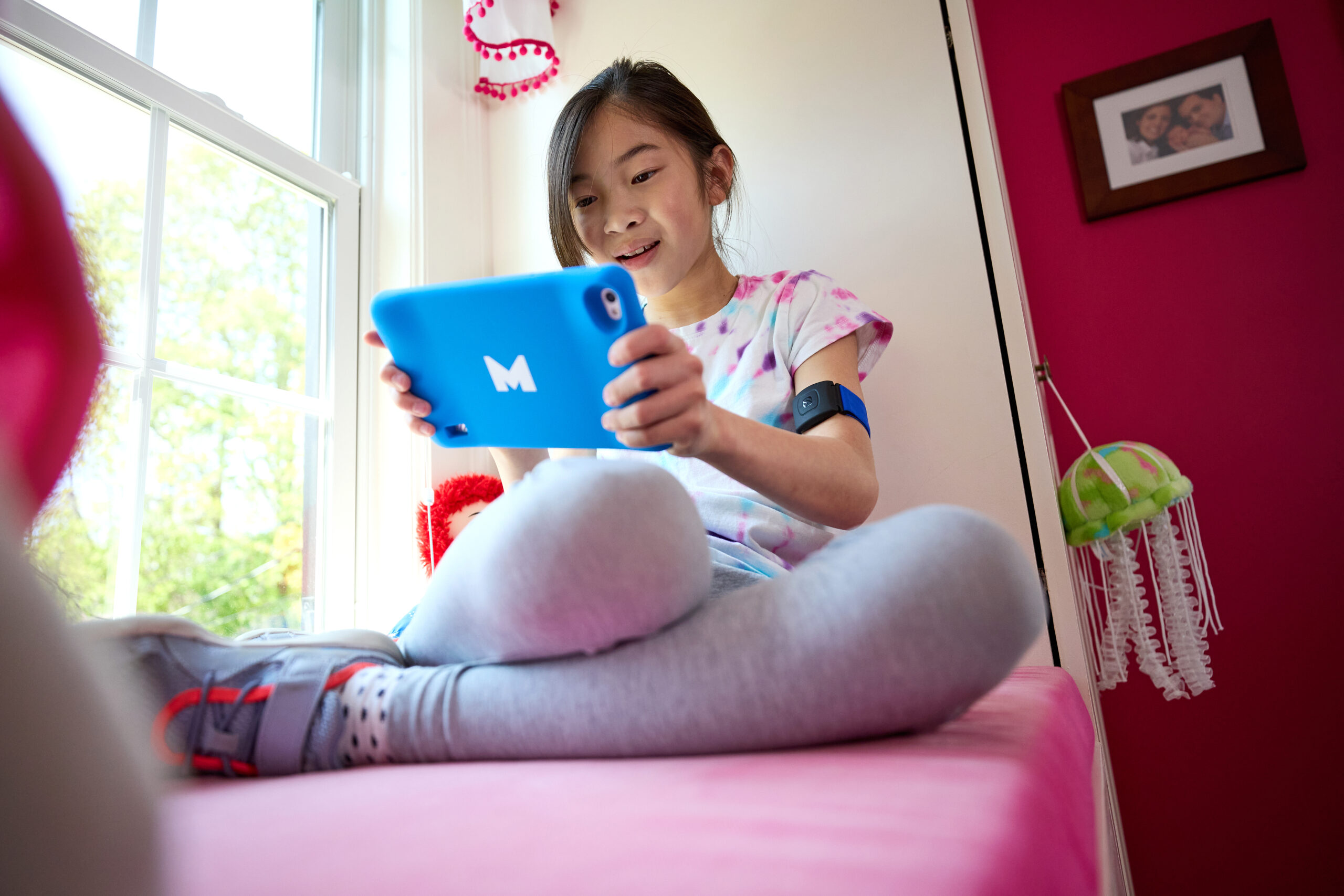“Brilliantly simple. You’re using what they’re already interested in and helping them learn to manage their emotions better. For years it wasn’t clicking, then he started playing Mightier, and it clicked.”
Rob, parent to 12 year old Emmett
Of the 50 thousand families who have found their way to Mightier, 75% identify anger as something their child struggles with. These are children with deep, intense, and complex emotions. These are children who don’t always have control over their words and actions, who often regret the things they’ve said, and worry about how others see them. These are children who are doing the best they can, always, but just don’t have the skills yet to navigate the intensity of their emotions.
Mightier is a playful and play-based way for children to build emotion regulation abilities in their own way, on their own terms. By wearing a heart rate monitor while playing Mightier’s games, children are able see their emotions in real time, discover calming strategies that feel right for their body, and build an automatic sense of calm that translates to the real world in meaningful, empowering and life changing ways.
Anger and emotion regulation
Anger is protective. When vulnerable emotions exist below the surface, anger is a strong, defensive way to keep those things hidden. It’s our brain’s instinctual way of protecting us from feeling hurt by a friend, embarrassed when we make a mistake, or guilty when we’ve wronged someone.
“When he felt angry or frustrated he would cling to those negative emotions and get caught in a vicious, escalating cycle. No amount of modeling calm or positive coping techniques seemed to work, and my own ability to remain calm in the face of frustration was being sorely tested.”
A Mightier mom
Anger is hardwired in our brains so that we can survive. It activates the same fight or flight response that can be triggered by other emotions like stress or fear. Since these are moments that require quick reactions, there’s little time left over for rational thought and processing. For kids who struggle with anger, that means it’s incredibly difficult to think clearly, communicate effectively, and remember calming strategies when they’re feeling those intense emotions.
Playing Mightier builds emotional strength that sticks
For kids who struggle with anger, typical therapeutic approaches of talking about emotions, thinking through possible reactions, and identifying coping skills can be frustrating. Children still find themselves unable to remember, access, or use any of those skills in the moments they actually need them. We often hear this line from parents who are just signing up for Mightier, “My child knows coping skills, but they can never use them in real life.”
Playing Mightier helps kids develop stronger and more automatic emotion regulation abilities through practice. As kids play Mightier, they see their emotions in real time. They see how their frustration, anxiety or excitement directly influence their heart rate, which directly influences their gameplay. They learn that things become more challenging when their heart rate is up, and they’re empowered to explore various calming strategies to get back to blue and keep playing. They practice all this quickly, in the moment, while having fun. Best of all, they practice all this in a way that strengthens their natural and automatic ability to regulate their emotions in real life. That means improved frustration tolerance, thinking more clearly in the moment, and choosing how to respond to real-life stressors. It means staying calmer under pressure without even trying.
“It’s all about skills and self-esteem. We need to set kids up for success, and give them the tools to do this on their own.”
5th grade teacher
The Mightier program at home
Success with Mightier hinges on two things – practice and empowerment. Kid-led learning is a key part of the process, so the main and most important thing caregivers can do is to support their child’s play routine. Similar to building muscle memory for any skill (shooting a basketball under pressure, playing the piano without thinking about the keys, tying a shoe without thinking about your fingers) emotional muscle memory takes practice. We recommend that children play Mightier 3 times a week (or for about 45 minutes a week) for at least 90 days.
I love it! It is both fun and challenging while also helping me feel calmer. I’m more comfortable in my mind and body.”
8 year old Mightier player
Since children can benefit from additional types of social and emotional skill building, the Mightier Parent curriculum offers information and activities that caregivers can use alongside their child’s gameplay journey. This model keeps child play and learning front and center, while providing the whole family with creative games, strategies, and a shared language to continue building emotional strength right at home.



